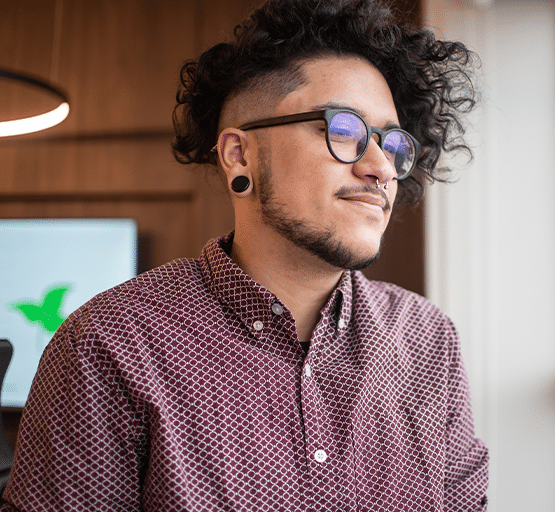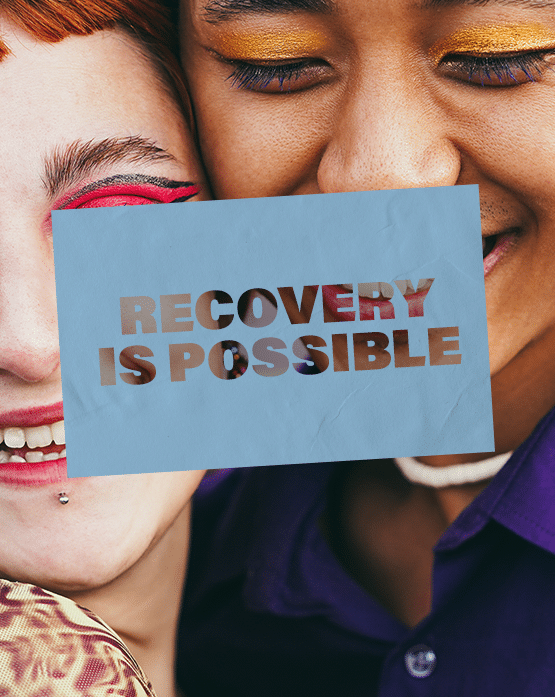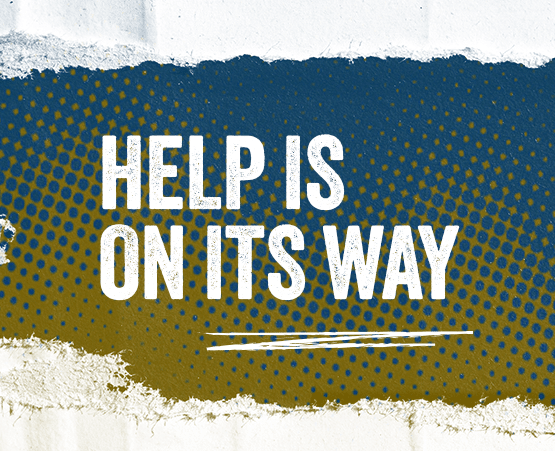An opioid overdose requires immediate medical attention. Call 911 immediately if you or someone you know exhibits any of the symptoms.

The bonds of the LGBTQ+ community are anchored in pride and the support of friends and allies. But even this is no match for the crippling impact of opioids. It’s an ongoing battle, capable of taking anyone down, even those who only use it recreationally.
For LGBTQ+ Americans, the prevalence of substance use disorders, including opioid use disorder, can often be aggravated by stress and other social pressures. Research from the National LGBTQ Health Education Center found that many LGBTQ+ Americans face marginalization and discrimination based on their sexual and/or gender identity. This only compounds the appeal of opioids for recreational use, and because addiction doesn’t discriminate, the entire LGBTQ+ community is vulnerable to its devastating effects. No one deserves the misery of opioid addiction, but whether it’s for you or someone you care about, you must know your resources.
Source: SAMSHA
Source: National LGBTQ Health Education Center
Recovering from opioid use disorder is seldom a straight line because there’s no “right” way to go about it – it’s different for everyone. For those in the LGBTQ+ community, it can pose unique challenges as individuals face additional barriers and concerns in accessing appropriate and inclusive healthcare. LGBTQ+ individuals may encounter direct or passive discrimination and stigma from healthcare providers, making it difficult to seek support for addiction treatment. For some, experiencing societal biases or a lack of understanding may lead to feelings of isolation and anxiety during the recovery process.
Culturally sensitive and affirming treatment approaches are crucial to addressing these concerns and providing a safe and supportive environment for LGBTQ+ individuals on their journey to recovery. Simply put, you deserve to feel good about your recovery care. Don’t be afraid to state what you need, or to insist upon courtesy and respect. Support services that recognize and address the specific needs of Minnesota’s LGBTQ+ community are essential in fostering successful and sustainable recovery outcomes.


If you – or someone you know – is struggling with substance use disorder, there are 24/7 resources to help. Visit Fast-Tracker to learn more.
If someone you know is experiencing symptoms of an overdose, call 911 immediately.